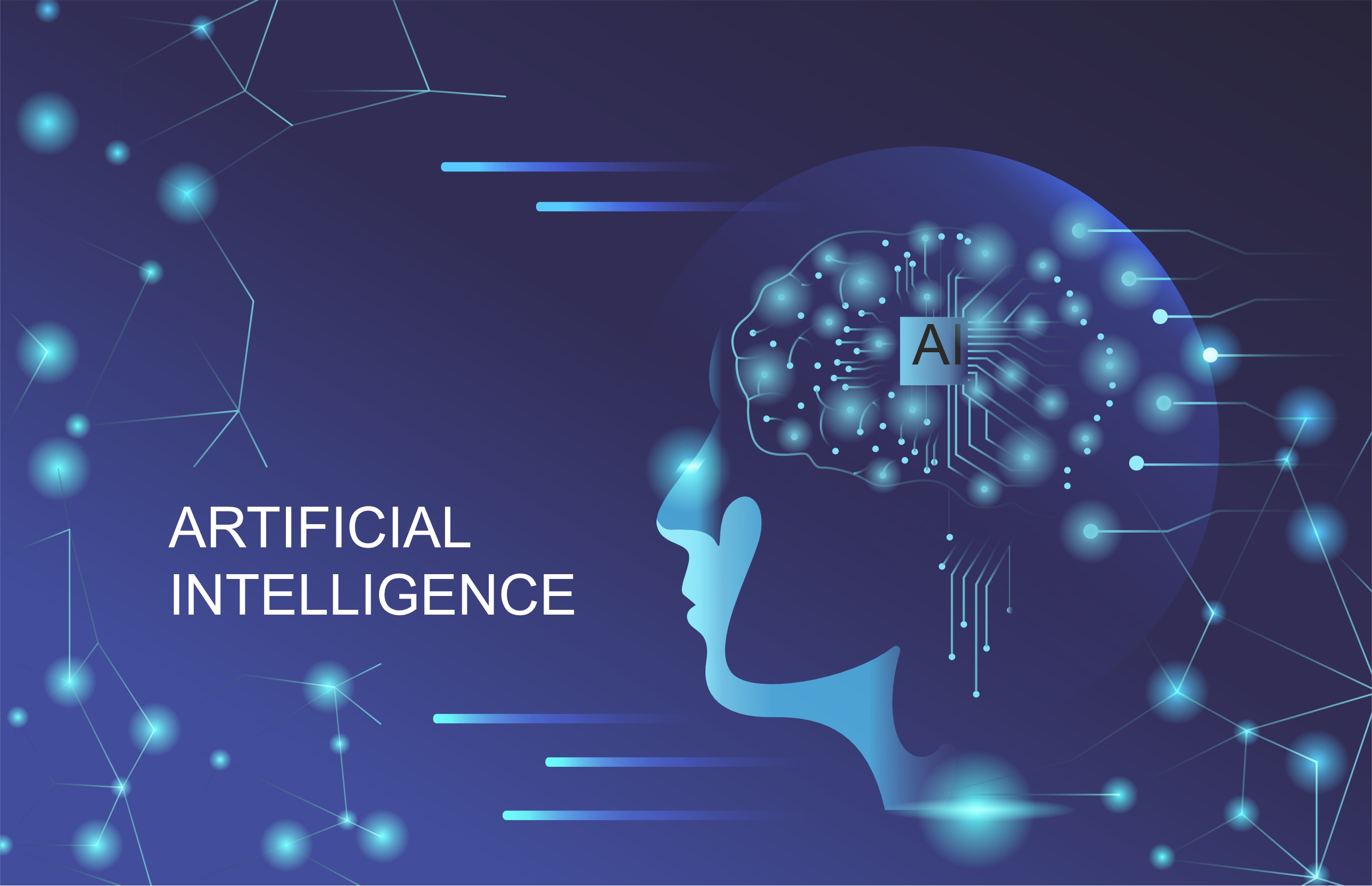In the ever-growing world of technological innovation, few companies have captured the imagination quite like Elon Musk's Neuralink. This expansion aims to integrate the human brain with artificial intelligence through a brain-computer interface, raising profound questions about the nature of individuality and consciousness. As we delve deeper into the world of Neuralink, we are faced with a paradigm shift that challenges our fundamental understanding of what it means to be human.
Neuralink's main goal is to enhance human capabilities by creating a direct connection between the brain and external devices. Neuralink enables two-way communication by implanting small electrodes into the brain, allowing people to interact with computers and other devices using only their senses. Although technology has potential ranging from medical to cognitive, perhaps its greatest impact is how it redefines our understanding of ourselves.
One of the most important aspects of Neuralink is its ability to blur the lines between biology and technology. Traditionally, our sense of self is intricately linked to our body and mind. However, with the emergence of Neuralink, we see the vision of increasing and improving our intelligence through artificial intelligence. This challenges the notion of a stable identity and opens up new possibilities for self-expression and identity.
Imagine a future where people can connect their consciousness with intelligence, access vast knowledge, and interact with the world in ways never before thought of. In this context, the lines between organic and synthetic blur, raising profound questions about the nature of consciousness and what it means for humans.
Additionally, Neuralink can provide free access to cognitive skills, leveling the playing field and offering new opportunities for personal growth and development. But this also raises ethical concerns regarding equity, privacy, and the potential for misuse of this powerful tool.
Additionally, Neuralink has the potential to revolutionize healthcare by providing new treatments for neurological diseases and injuries. By connecting directly to the brain, Neuralink can deliver treatments and interventions that improve the lives of millions of people around the world.
When assessing the impact of Neuralink, it is important to understand the historical context in which this technology emerged. People have long been fascinated by the idea of transcending the limits of the human body and reaching new levels of intelligence and consciousness. From ancient tales of gods and demigods to modern science fiction, the desire to improve our cognitive abilities has been a central theme throughout human history.
However, with the arrival of Neuralink, things that were once limited to dreams are now becoming reality. The rapid pace of technological advancement, combined with Elon Musk's grand vision, has brought us to the brink of a new era in human evolution. But with this new power comes great responsibility, as we grapple with the moral and ethical issues of connecting our minds to machines. Ideas of freedom and independence. As we increasingly integrate technology into our bodies and minds, what does freedom really mean? Do people still have control over their own thoughts and actions, or are they merely becoming an outside influence? These questions need to be carefully considered when investigating noninvasive areas of neuroaugmentation.
Additionally, the emergence of Neuralink has also brought to the fore the issue of inequality and access. While this technology has the potential to revolutionize the health and improve the lives of millions of people, it also has the potential to worsen existing conflicts. Will Neuralink be opened only to the elite and widen the gap between rich and poor? Or will it be free and publicly accessible so that everyone has the opportunity to benefit from the change? As our thoughts and actions become digital, who will have access to this information and how will it be used? Will governments and businesses use this information to make money, or will measures be taken to protect privacy and freedom?
Ultimately, Musk's Neuralink represents a leap into the future, challenging our preconceptions about identity and ushering in a new era of human-computer interaction. Although the impact of this technology is far-reaching, we must proceed with its development carefully and not forget its moral and emotional aspects. As we embark on this journey of discovery, we must seek to use Neuralink's potential for the good of humanity, while also being aware of its potential pitfalls. Only then can we unlock the full potential of this technology and navigate the difficult terrain of personal identity in the age of intelligence.

